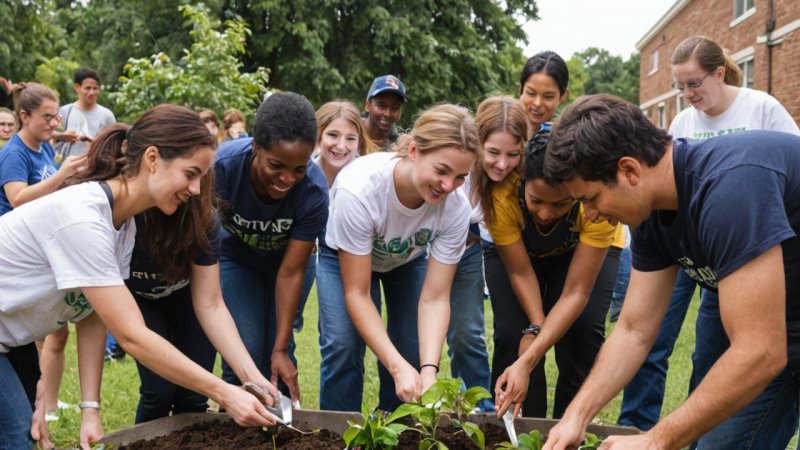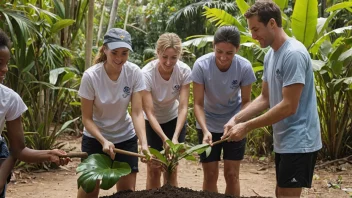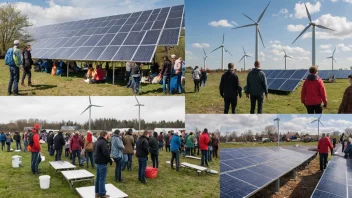1. Rise of Short-Term Volunteering
Short-term volunteering opportunities have gained traction in recent years, allowing travelers to contribute to meaningful projects within a limited timeframe. This trend caters to those with busy schedules who still want to make a difference while exploring new destinations.
2. Focus on Sustainable Practices
As awareness of environmental issues grows, many volunteer programs now emphasize sustainability. Organizations are prioritizing eco-friendly projects, such as wildlife conservation and community development, which not only support local communities but also protect the environment.
3. Increased Demand for Skill-Based Volunteering
Travelers are increasingly looking for opportunities that leverage their professional skills. Skill-based volunteering connects volunteers with local organizations seeking expertise in areas like education, healthcare, and technology, leading to more impactful contributions.
4. Growth of Remote Volunteering
The rise of digital technology has paved the way for remote volunteering. Many organizations now offer virtual opportunities, allowing individuals to contribute from anywhere in the world. This trend has made volunteering more accessible, especially for those who cannot travel.
5. Integration of Cultural Exchange
Modern volunteer travel experiences often include cultural exchange components, where volunteers not only contribute their time but also immerse themselves in local customs and traditions. This fosters deeper connections between volunteers and communities, enriching the overall experience.
6. Increased Awareness of Ethical Volunteering
With the growth of volunteer travel, there is a heightened awareness of ethical considerations. Travelers are now more informed about the impact of their contributions, leading to a demand for programs that prioritize local needs and avoid exploitative practices.
7. Collaboration with Local Organizations
Partnerships between international volunteers and local organizations have become more common. This collaboration ensures that projects align with community goals, enhancing effectiveness and sustainability while fostering mutual respect and understanding.
8. Focus on Health and Safety
In light of recent global events, health and safety protocols are now a priority for volunteer travel programs. Organizations are implementing measures to protect volunteers and local communities, ensuring a safe and responsible experience.
9. Customizable Volunteer Experiences
Travelers now have the option to tailor their volunteer experiences to match their interests and availability. This flexibility allows for a more personalized approach, making volunteer travel more appealing to a diverse range of individuals.
10. Rise of Social Media Influence
Social media platforms play a significant role in shaping the volunteer travel landscape. Travelers share their experiences online, creating a community that inspires others to participate in volunteer projects, thus amplifying the reach and impact of these initiatives.
Summary: The landscape of volunteer travel has evolved significantly, with trends such as short-term volunteering, sustainability, and increased demand for skill-based opportunities reshaping the way individuals engage with communities worldwide. As travelers become more aware of ethical considerations and seek customizable experiences, the future of volunteer travel promises to be both impactful and enriching.






